
~ Latest titles in the Build It Yourself Series ~

Check out more titles at www.nomadpress.net
Nomad Press
A division of Nomad Communications
10 9 8 7 6 5 4 3 2 1
Copyright 2014 by Nomad Press. All rights reserved.
No part of this book may be reproduced in any form without permission in writing from the publisher, except by a reviewer who may quote brief passages in a review or for limited educational use. The trademark Nomad Press and the Nomad Press logo are trademarks of Nomad Communications, Inc.
ISBN Softcover: 978-1-61930-265-5
ISBN Hardcover: 978-1-61930-284-6
Illustrations by Mike Crosier
Educational Consultant, Marla Conn
Questions regarding the ordering of this book should be addressed to Nomad Press
2456 Christian St.
White River Junction, VT 05001
www.nomadpress.net
Printed in Canada.
CONTENTS
Interested in Primary Sources?
 Look for this icon.
Look for this icon.
You can use a smartphone or tablet app to scan the QR code and explore more about entrepreneurship! If you dont have a QR code scanning device, there is a list of each url in the Resources on page 120.



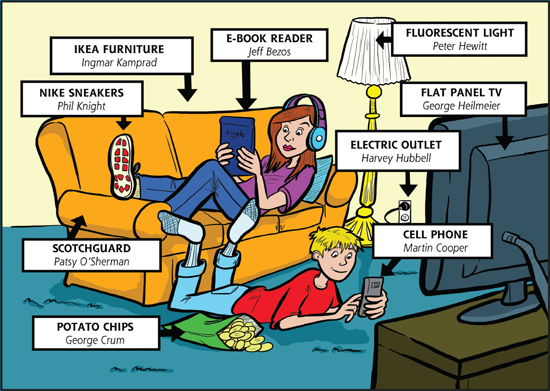
Take a look around you. What kind of shoes are you wearing? Do you have an iPod? The shoes on your feet, the clothes youre wearing, the book or tablet youre reading, the music you listen to, the car your family drivessomeone with an idea created a business to make each of these things. That person is called an entrepreneur .
Entrepreneurs are part of our daily lives. When you walk into a room and turn on the light, you are using something that was invented by one of Americas earliest entrepreneurs: Thomas Edison.
WORDS 2 KNOW
business: the act of making, buying, or selling goods or services in exchange for money.
entrepreneur: a person who takes a risk to start and operate a business.
risk: the chance that something bad will happen.
invent: to be the first to think of or make something new.
When you pop open a bag of potato chips for an afternoon snack, you are using technology developed by a woman named Laura Scudder. In 1926, she figured out how to store potato chips in an airtight bag so they wouldnt go stale. Examples like these of innovation and entrepreneurship are all around us.
In this book, youll learn how to become an entrepreneur and turn a great idea into a business. Who knows? Maybe youll create the next Facebook application or Apple computer!
Why become an entrepreneur? There are many reasons. Maybe you have a great idea and want to share it with others. Maybe you dream of making millions of dollars and becoming famous. Some people become entrepreneurs because they love the idea of working for themselves. Others start their own businesses because they want to help people in need. These people are called social entrepreneurs .
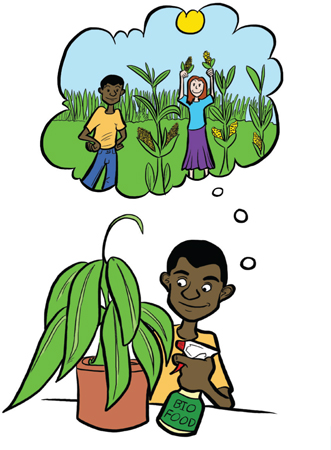
WORDS 2 KNOW
technology: tools, methods, and systems used to solve a problem or do work.
innovation: a new invention or way of doing something.
entrepreneurship: taking a risk to start a new business.
social entrepreneur: an entrepreneur who identifies and works to solve social problems to bring about sweeping, long-term change.
industry: the large-scale production of something.
founder: the person who starts a business.
SAVVY SOURCE
Social entrepreneurs are not content just to give a fish or teach how to fish. They will not rest until they have revolutionized the fishing industry .
Bill Drayton, founder of Ashoka, an organization that identifies and invests in social entrepreneurs
What is an entrepreneur? The word entrepreneur comes from a combination of the French word entreprende, meaning to undertake, and the English word enterprise. Literally, it means to undertake enterprise. Undertake means to start something and enterprise is a big project. The word entrepreneur was invented to describe someone who starts or undertakes a business or enterprise.
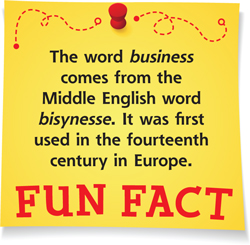
Most entrepreneurs want to make money, but thats not always the main reason people start their own businesses. Entrepreneurs are passionate about their ideas. They believe in them so strongly they are willing to take risks to turn those ideas into reality. Most new businesses do not succeed at first, and entrepreneurs are willing to accept the possibility of failure. In fact, many successful entrepreneurs have created businesses that failed before they finally start one that succeeds.

WORDS 2 KNOW
passionate: having strong feelings about something.
persistent: refusing to give up or quit.
An entrepreneur is a person who sees a way to change the world and focuses on accomplishing that change. He or she is persistent, willing to take big risks, passionate about his or her project, and focused on achieving goals.
Entrepreneurs have been around ever since people first began forming communities . Croesus, the king of Lydia in Greece from 560 to 547 BCE , was an entrepreneur. He issued the first true gold coins and started the first monetary system .
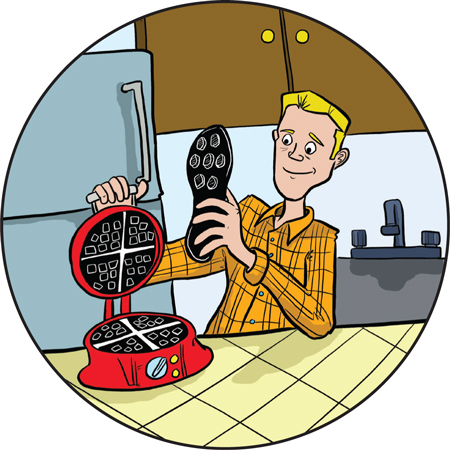
Marco Polo was a famous explorer who traded goods around the world. Henry Ford started the first automated car companyyour parents might own a car produced by his company. Sir Richard Branson created Virgin Atlantic Airlines. Phil Knight started Nike by making sneakers with a waffle iron and selling them out of the trunk of his car, and Mark Zuckerberg started Facebook from his college dorm room.
These are some of the more famous entrepreneurs. But there are millions of entrepreneurs, all over the world, who have created successful businesses out of their ideas.
WORDS 2 KNOW
community: a group of people who live in the same area.
BCE: put after a date, BCE stands for Before Common Era and counts down to zero. CE stands for Common Era and counts up from zero. The year this book is published is 2014 CE.
monetary system: the system used by a country to provide money and to control the exchange of money.
goods: things for sale or to use.
Was Columbus an Entrepreneur?
Next page
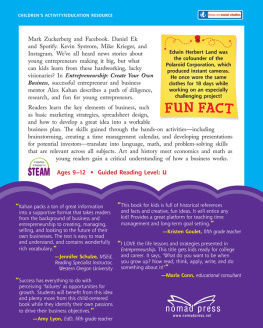
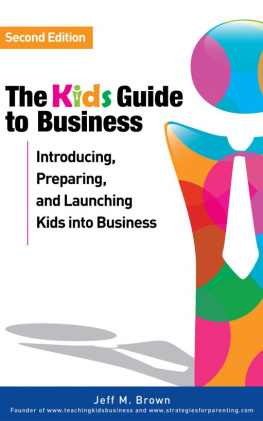

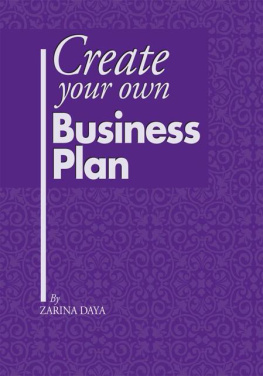
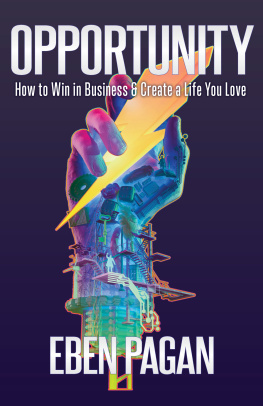

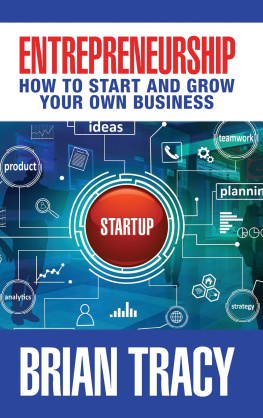
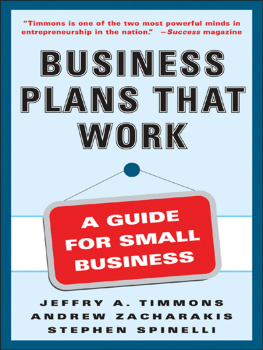
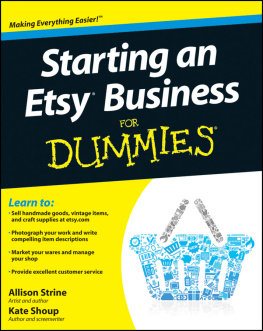


 Look for this icon.
Look for this icon.






